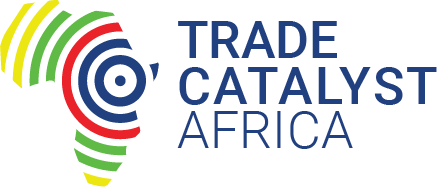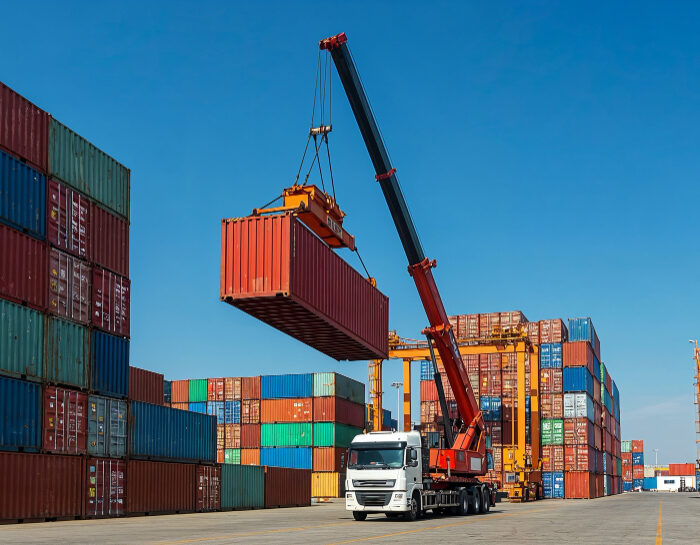African countries saw merchandise trade expanding by 20.9 percent in 2022, above the world’s average of 12 percent, according to the 2023 edition of the African Trade Report (ATR2023) launched recently by the African Export-Import Bank’s (Afreximbank).
According to the report, the continent’s GDP grew by 3.9 percent despite facing multiple headwinds.
Launching the ATR2023 along with HE Ambassador Albert Muchanga, the African Union Commissioner for Economic Development, Trade, Industry and Mining, Professor Benedict Oramah, the President and Chairman of the Board of Directors of Afreximbank, said that Africa showed growth resilience amid a synchronised global deceleration under the confluence of overlapping crises, including lingering effects of the Covid-19 pandemic, record-high inflation, heightening geopolitical tensions and intensification of trade wars.
Dr. Hippolyte Fofack, Afreximbank’s Chief Economist, noted that the stronger trade performance of the region was largely supported by favorable commodity terms of trade, with rising commodity prices compensating for the lackluster growth in the volume of global trade which increased by 2.7 percent.
Dr Fofack added that “the recurrence of adverse commodity terms of trade shocks in a region where over 80 percent of countries continues to be classified as highly commodity-dependent remains the major risk facing the continent which is yet to integrate global value chains (RVCs) through backward activities rather than as providers of raw materials.”
“In a world where manufacturing has been the leading driver of global growth and trade, the stickiness of the colonial development model of resource extraction has confined the region to the periphery of global trade, with its combined contribution accounting for less than 3 percent of global trade”, he added.
This context informed the choice of the overarching theme of the 2023 edition of the trade report titled: “Export Manufacturing and Regional Value Chains in Africa under a New World Order.”
In addition to articulating the rationale for accelerating the process of structural transformation of African economies, the report establishes that the African and global environment dominated by both implementation of the African Continental Free Trade Agreement (AfCFTA) and realignment of global supply chains for greater resilience under a new world order is ripe for the development of regional value chains (RVCs) for export manufacturing-led growth in Africa.
Since the industrial revolution, export manufacturing-led growth has provided the path to global income convergence. In addition to mitigating exposure to global volatility, it has catalysed technology transfers and the development of RVCs for effective integration into GVCs.
“While extra-African trade is dominated by primary commodities, manufactured goods dominate intra-African trade and could catalyze industrialization and development of RVCs in the AfCFTA era”, Dr Fofack added.
Accordingly, the report argues that African countries should proactively support implementation of the AfCFTA to bolster the growth of manufacturing output and accelerate the process of structural transformation in a new world order of realignment of global supply chains and a shift towards friend-shoring”, Dr Fofack further added.
Prof Oramah called for timely conclusion of negotiations on the rules of origin which prioritise local value-addition because they are key to catalysing technology transfer and the development of RVCs to diversify the sources of growth and enhance Africa’s effective integration into the global economy under the new world order.
Afreximbank, through its support and sustained commitment towards the diversification of African exports has become one of the most important systemically development finance institutions in the continent, HE Ambassador Albert Muchanga praised the Bank.
He recommended that everyone reads the African Trade Report 2023 because it is timely and articulates the policies and options to set Africa on an irreversible path of structural transformation that sustainably raises its share of global growth and trade.
Read original article



